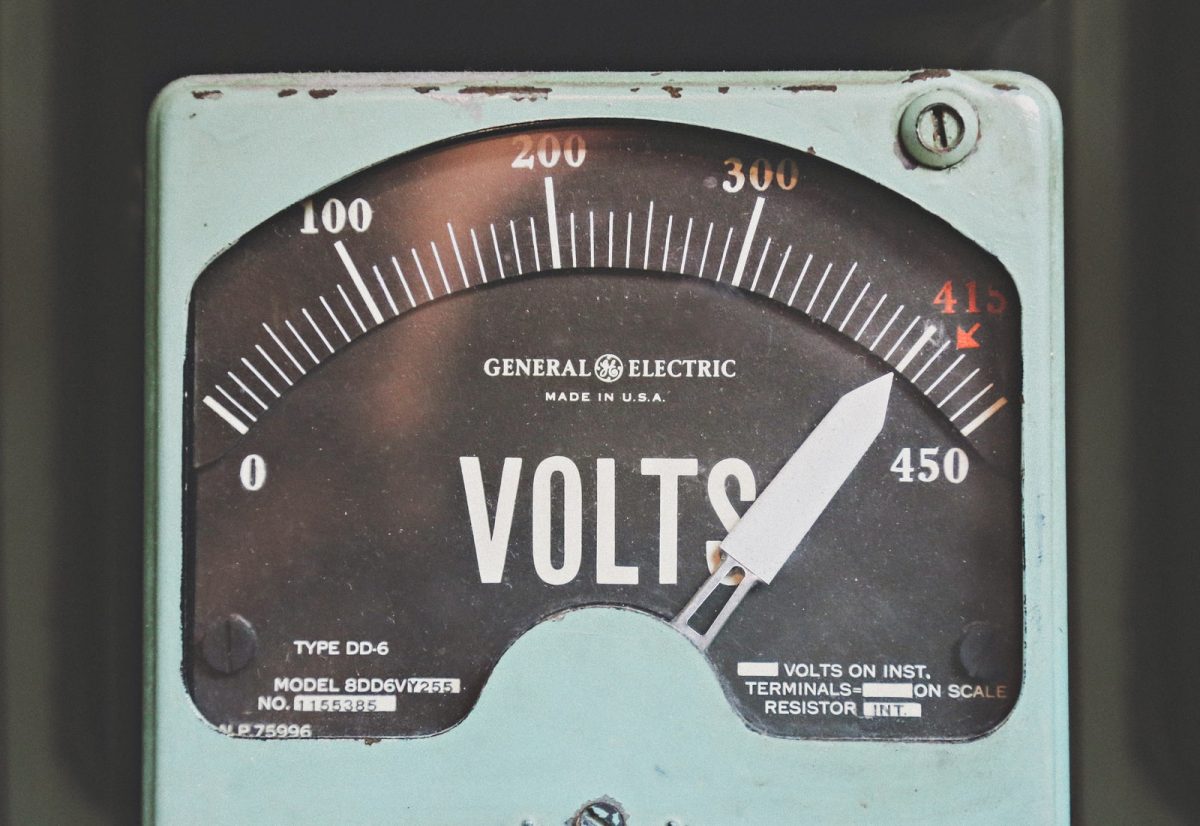Small business owners must keep costs low, and electricity expenses can significantly impact the bottom line. To find the most effective and affordable option, thorough research is essential in navigating the overwhelming business electricity market. Comparison shopping allows you to evaluate different providers and plans to make informed decisions, save money, and access competitive pricing rates. It involves considering factors like price, contract term, renewable energy options, and customer service quality. This blog post provides essential tips for small business owners on business electricity comparison, helping you select a provider and maximize savings.
1. Understand your energy needs
To compare electricity prices effectively, small business owners must understand their energy requirements. This knowledge helps them determine the right tariffs, taking into account factors like premises size, business type, operation hours, and peak demand periods. Understanding energy consumption patterns can also enable the implementation of energy efficiency measures that reduce bills in the long run. Analyzing energy requirements is the first step toward securing the best energy deal for your business.
2. Analyze current energy plans
To make an informed decision on a business electricity plan, small business owners must analyze available energy plans in their area. They should understand the types of plans and incentives offered by providers, like fixed-rate, variable-rate, and green energy options. Business owners should also consider their energy usage patterns, peak demand periods, and specific energy needs. They can use online comparison tools and speak with energy consultants to research and compare plans from different providers. This analysis provides clarity on available options, enabling small business owners to choose the best energy plan for their business.
3. Compare energy plans from different suppliers
Managing energy costs is crucial for small businesses, as they can be a significant overhead. Comparing energy plans from different suppliers is a practical way to ensure getting the best price for business electricity. This exercise provides an overview of current pricing trends, enabling informed decisions about energy providers. When comparing plans, ensure to use the same kWh usage and dwelling size for accurate quotes. Fixed-rate tariffs typically offer the best deals, locking in prices for a set period. Keep in mind that energy bills consist of distribution, transportation, and supply costs, so check if quotes include these or any additional charges. Researching and comparing energy plans can save small business owners money, freeing up funds for other expenses.
4. Consider fixed rate contracts
When shopping for business electricity, choosing between fixed or variable rate contracts is crucial. With a fixed rate contract, you pay the same rate for electricity throughout the contract regardless of market price fluctuations. This provides budgeting stability and protection against unexpected price increases. However, fixed rate contracts may have early termination fees, and their terms and conditions must be reviewed before signing to understand potential costs and benefits. Overall, fixed rate contracts can be suitable for small business owners who want to plan ahead and have peace of mind with their electricity expenses.

5. Consider renewable energy sources
Small business owners can save money and reduce their carbon footprint by considering renewable energy sources for their electricity needs. Solar, wind, geothermal, and hydroelectric power provide reliable and cost-effective alternatives to traditional energy sources. Furthermore, there may be government incentives and tax credits available for businesses investing in renewable energy technologies. Consulting with renewable energy experts and exploring available options is essential for determining feasibility. Incorporating renewable energy not only reduces costs but also contributes to a cleaner and more sustainable energy industry.
6. Research the supplier’s history
Small business owners may be tempted to skip the time-consuming parts of shopping for an electricity supplier, but thoroughly researching potential suppliers is crucial. Examining the supplier’s history is an essential part of this research. Look for how long they have been in business, their reputation in the industry, and customer complaints or legal issues. Reviews and local business organizations can provide this information. Reach out to other businesses in the area to inquire about their experiences with different suppliers. Taking the time to research the supplier’s history before signing a contract can save significant money and hassle in the long run.
7. Look for additional savings
When comparing business electricity plans, look out for additional savings. Providers may offer incentives like signing bonuses, referral programs, and lower rates for longer contracts. Negotiate for a better deal and ask about these options. Beware of hidden fees like early termination fees or installation charges that could impact savings. Reviewing the terms and conditions of each plan can help you take advantage of all potential savings.
8. Ask about additional services
Small business owners should ask about additional services included in their energy plan when comparing electricity providers. Some providers offer value-added services like energy audits, demand response programs, and equipment maintenance services. Energy audits can provide valuable information on improving energy efficiency and cost savings. Demand response programs can earn incentives for shifting electricity use to off-peak periods, avoiding blackouts. Equipment maintenance services can prevent costly breakdowns. These services add value beyond energy supply.
9. Read the fine print
When shopping for business electricity rates, small business owners should be vigilant in understanding the details and implications of the terms and conditions in their energy contract. Some providers can bury high fees in the fine print. To avoid unexpected charges, read the contract carefully, paying special attention to the sections regarding price variations, fees, and termination policies. With a clear understanding of the terms and conditions, small business owners can make informed decisions and avoid unexpected costs that could impact their budget.
10. Talk to an energy specialist for advice
Small business owners can benefit from the expertise of energy specialists to save money and efficiently manage expenses. These experts are knowledgeable about the latest rates, tariffs, and contract lengths, and can provide personalized advice on energy-efficient products and practices. However, it’s crucial to choose a reputable and experienced specialist who understands the complexities of the business electricity market. With their guidance, you can make informed decisions that benefit your business in the long run and find the best deals on the energy plan that suits your needs.
In summary, finding the right electricity supplier for your small business can seem overwhelming, but it doesn’t have to be. Conducting thorough research, analyzing usage patterns, reading contracts carefully, and negotiating discounts can lead to significant long-term savings. Additionally, renewable energy options are becoming more accessible and cost-effective, providing an opportunity for businesses to save money and contribute to a greener future. By taking these steps, small businesses can gain more control over their energy costs and focus on their core operations.


